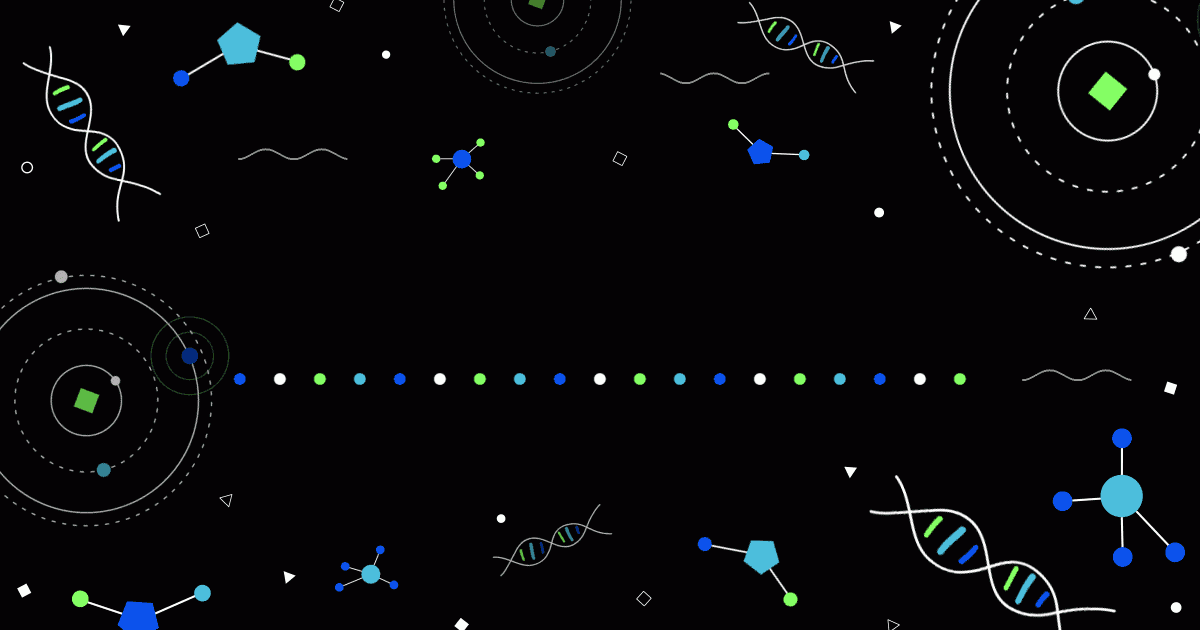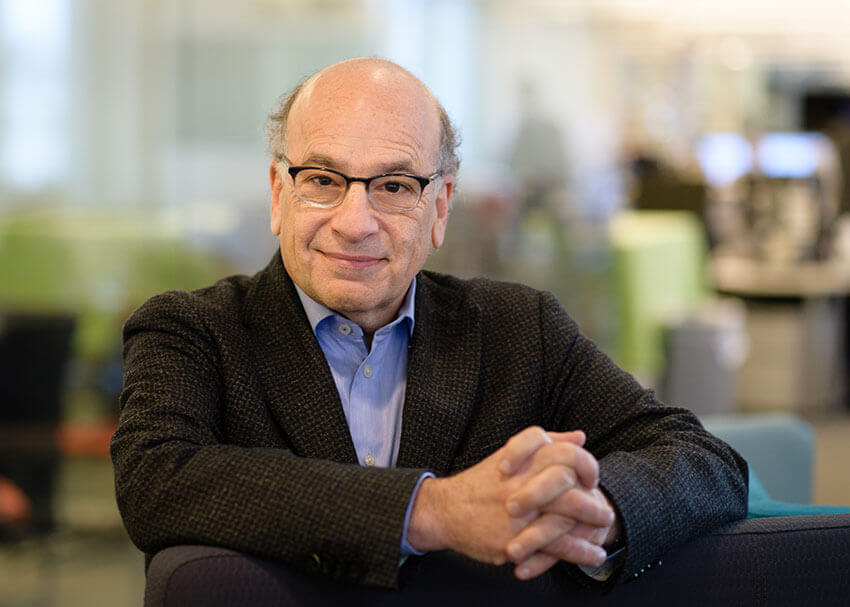This Scientist's Life: Morrie Birnbaum

Meet Morris Birnbaum, Chief Scientific Officer of Pfizer Internal Medicine, which combines the Cardiovascular/Metabolic and Neuroscience Research Units. For these two therapeutic areas, Morrie and his group are responsible for discovering the molecules and pathways that a new drug should target, as well as the clinical trials that give the first signs of evidence that a potential medicine works in the way it’s intended to.

Morrie Birnbaum, Chief Scientific Officer of Pfizer Internal Medicine.
Morrie’s lifelong interest in natural biologystems from his father’s love of fish. “He went back to school as an adult to get a master’s degree in ichthyology, so we were surrounded by fish. We had an enormous fish tank in the basement. Whenever we would go on vacation, we would collect fish. I used to go to the New York Aquarium all the time. I found the naturalist aspect of science really exciting and mysterious. It is so hard to imagine how complicated animals function so well.”
“Early on I learned that understanding normal biology is one of the most challenging problems one could face,” he says. “If we could figure out how things should work under normal circumstances, it would all make sense. There's a certain beauty to normal biology based on the way all of these different parts fit together to make the system work.” After more than 30 years in academic research, Morrie brought that love of problem solving to Pfizer.
Now Morrie tackles a different challenge: the abnormal biology of disease states. “Perhaps the biggest problem in my work is figuring out why a disease happens. It makes it so much harder to understand, and so much more difficult to study.”
He’s leading a pack with a mission: to prevent the metabolic consequences of the average modern lifestyle, including the increasingly prevalent liver disease called NASH (non-alcoholic steatohepatitis). “NASH is a type of disease that develops from fat accumulation in the liver. We think the best way to prevent the end stages of NASH and other fatty liver diseases — liver failure, liver cancer — is to interrupt the disease early on. This is what we’re focusing our research on.”
For Morrie, the future of clinical development is about speed. “What I would love to see is somebody figuring out a way of moving from a scientific discovery to a medicine fast— faster than we can do now. Now it takes decades. I would love to see a group of people who can take an early discovery and a new technology and see it helping people in years or months, rather than decades.”
To learn more about careers in science at Pfizer, explore our current opportunities.





